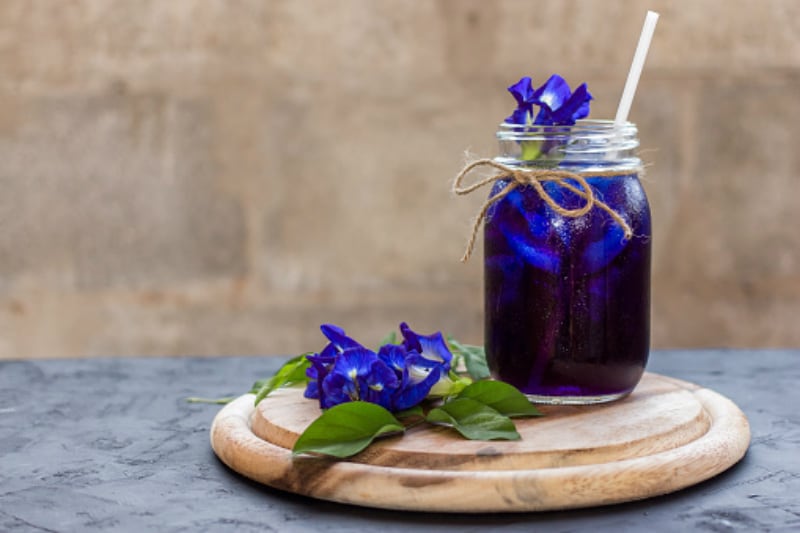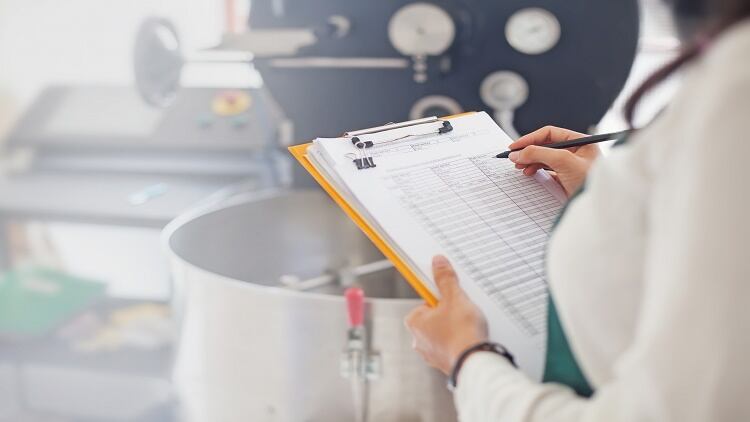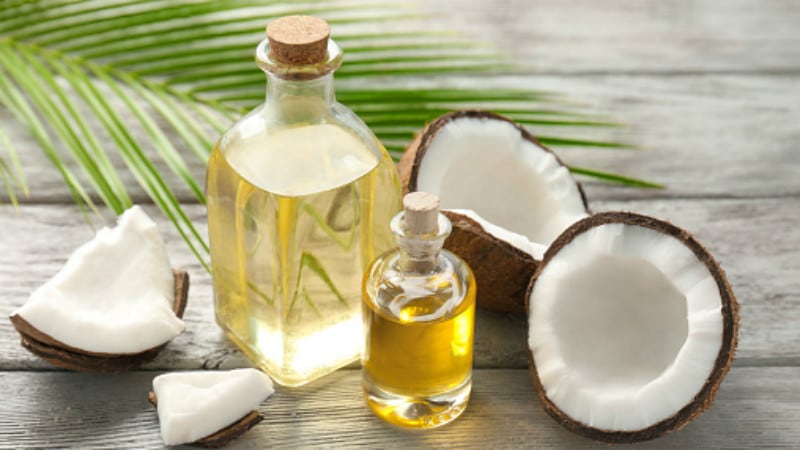Alibaba policing food safety: Goods sold on Tmall and Taobao will need to comply newly with new additive standards
The standards, known as the “Technical Standards for Prohibited Additives in Edible Foods”, were developed with the Centre Testing International (CTI), a Chinese testing and certification organisation.
The standards specify the general technical requirements, safety regulations, testing methods, and evaluation criteria for banned pharmaceutical ingredients, such as sibutramine and ephedrine.
In doing so, Alibaba hopes to set clear compliance requirements for the retailers, and at the same time, assure consumers of any food safety problems.
Fake food news: Abu Dhabi authority warns false food safety rumours likely to spike during Ramadan
The intent, according to the government unit, is to harm and damage the reputation of the goods and companies in question.
“The information circulated on social media are not based on scientific evidence, and some of these rumours were fabricated purely for competitive reasons. Other rumours were also created due to the result of misinterpretation, and the spread of news without any prior knowledge of where the original data came from,” said the ADFSA.
Banned food colours in Myanmar: Two-thirds of students consume prohibited products – study
Food safety practices in Myanmar have been called into question and a study found that more than two-thirds of students consumed foods containing prohibited colours.
Conducted in eight public schools in the Nay Pyi Taw Union territory in Myanmar during 2017, the study was published in BMC Public Health.
In the study, 776 seventh and eighth graders took part in face-to-face interviews.
They were required to answer questions and refer to photos of foods containing artificial colour published by the country’s Department of Food and Drug Administration (FDA).
It was found that 66.9% of the students ate foods with FDA prohibited colours. According to the FDA, the prohibited artificial colours usually seen in school food are Auramine O, Rhodamine B, and Orange II.
Food additive found in over 900 common food products increases risk of cancer and gut disease: Study
Researchers at the University of Sydney have discovered that the food additive E171 - commonly known as titanium dioxide and found in over 900 common food products - significantly increases the risk of gut disease and cancer.
Titanium dioxide nanoparticles can be present in products including mayonnaise and chewing gum. It is normally found in ’high quantities’ as it has a whitening function.
“[This means that] E171 is consumed in high proportion everyday by the general population,” said the study’s official statement.
According to study co-lead author Associate Professor Wojciech Chrzanowski: “It is well established that dietary composition has an impact on physiology and health, yet the role of food additives is poorly understood.”
“This study presents pivotal evidence that consumption of food containing food additive E171 (titanium dioxide) affects gut microbiota [and inflammation], which could lead to [various gut-related] diseases.”
Al Alamia dairy and beverage factory ordered to shut down after series of food safety violations
A dairy and beverage factory owned by Al Alamia was ordered to shut down temporarily after officials said the company repeatedly ignored warnings about its food safety lapses.
The Abu Dhabi Agriculture and Food Safety Authority (ADAFSA) issued a circular to announce the shut down of the factory, located at the Al Ain Industrial Park.
The factory had failed to comply with hygiene regulations, detected with insects in multiple production areas, absence of labels on food products stored in refrigerators, and fake production dates on some products, according to the ADAFSA’s director of Communications and Community Services Department Thamer Al Qasimi.
Al Qasimi added that the factory did not keep up with corrective measures despite receiving repeated warnings.





